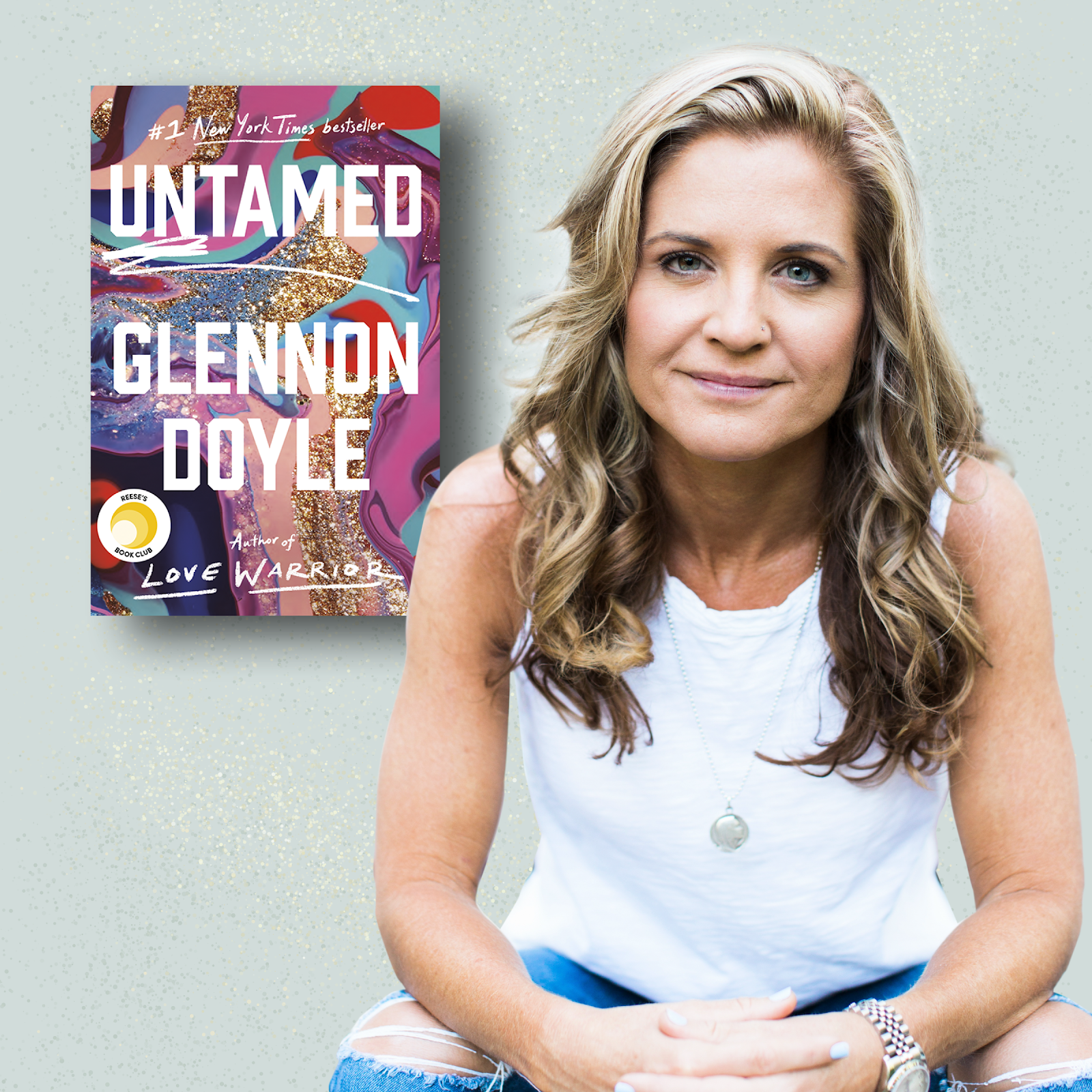North Bath, N.Y., the small town at the center of the earlier novels, has ceased to exist in the third one, having been swallowed up by its wealthier neighbor, Schuyler Springs. The characters we have come to know, like their town, seem lost. Where do they fit in now?
Doug Raymer, the former North Bath police chief, lost his job when the force was disbanded, while Charice, his girlfriend (or is it former girlfriend?), has been named police chief in Schuyler Springs. Yet because she is both black and female, her new position seems shaky.
Janey lost her abusive husband in the previous novel, but now she has replaced him with an abusive boyfriend, a dirty cop and one of Charise's main foes.
Peter, the son of Sully (the central figure in Nobody's Fool), can't decide whether he wants to leave or stay or whether he wants to continue as a college professor or work with his hands like his late father did. And then one of his estranged sons shows up, gets beaten badly by that dirty cop and gives Peter both a new problem and a possible solution to his other ones.
Jerome, Charice's twin brother, has lost all his swagger. His sister has given up on rescuing him from his depression and turns the job over to Raymer.
Russo, with his usual wit and style, gives direction to these and other lost characters by the time he concludes both the novel and the series. Somehow the everybody-wins ending doesn't destroy the art.












